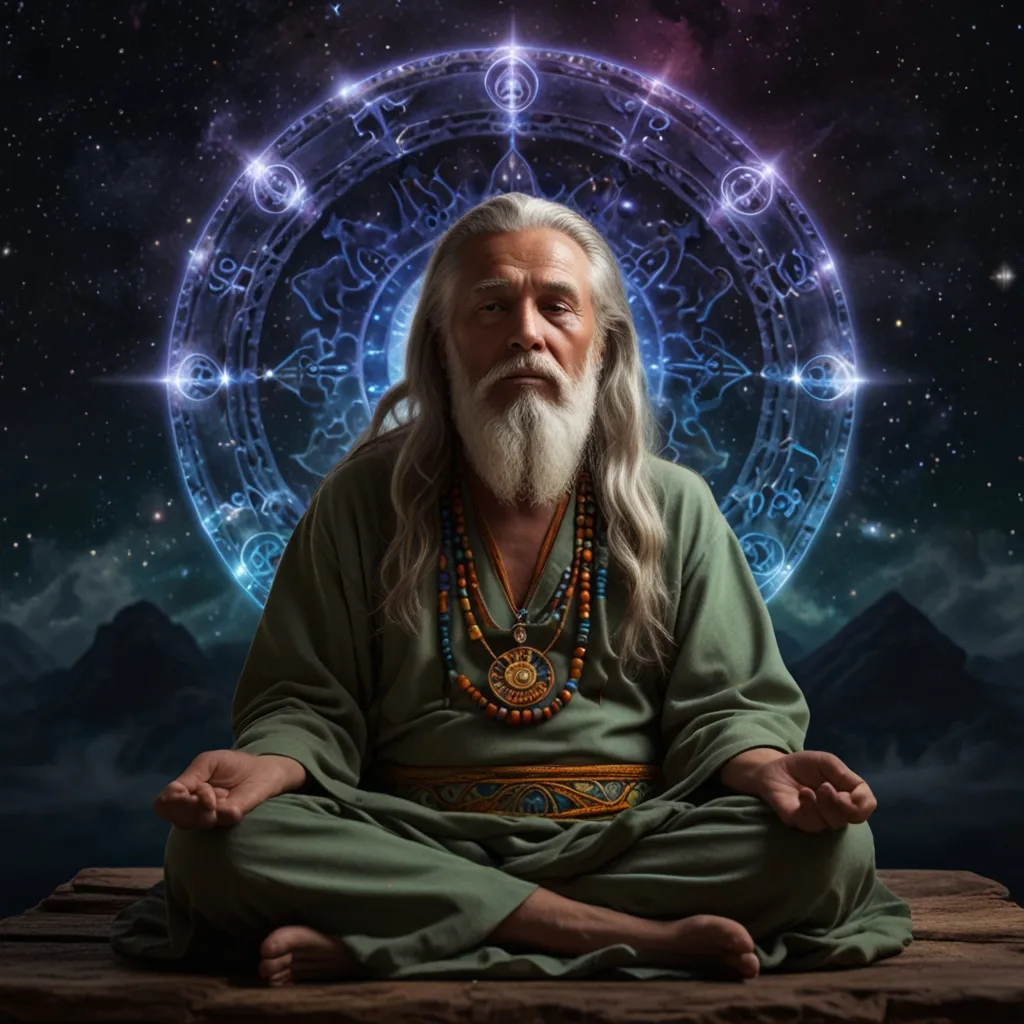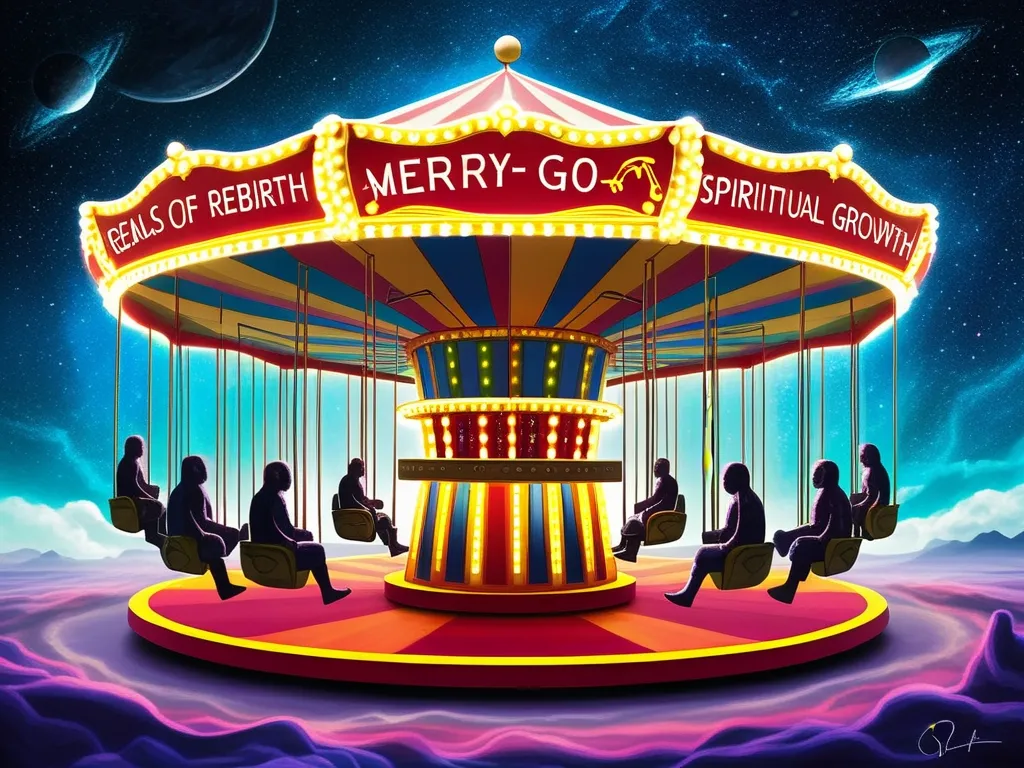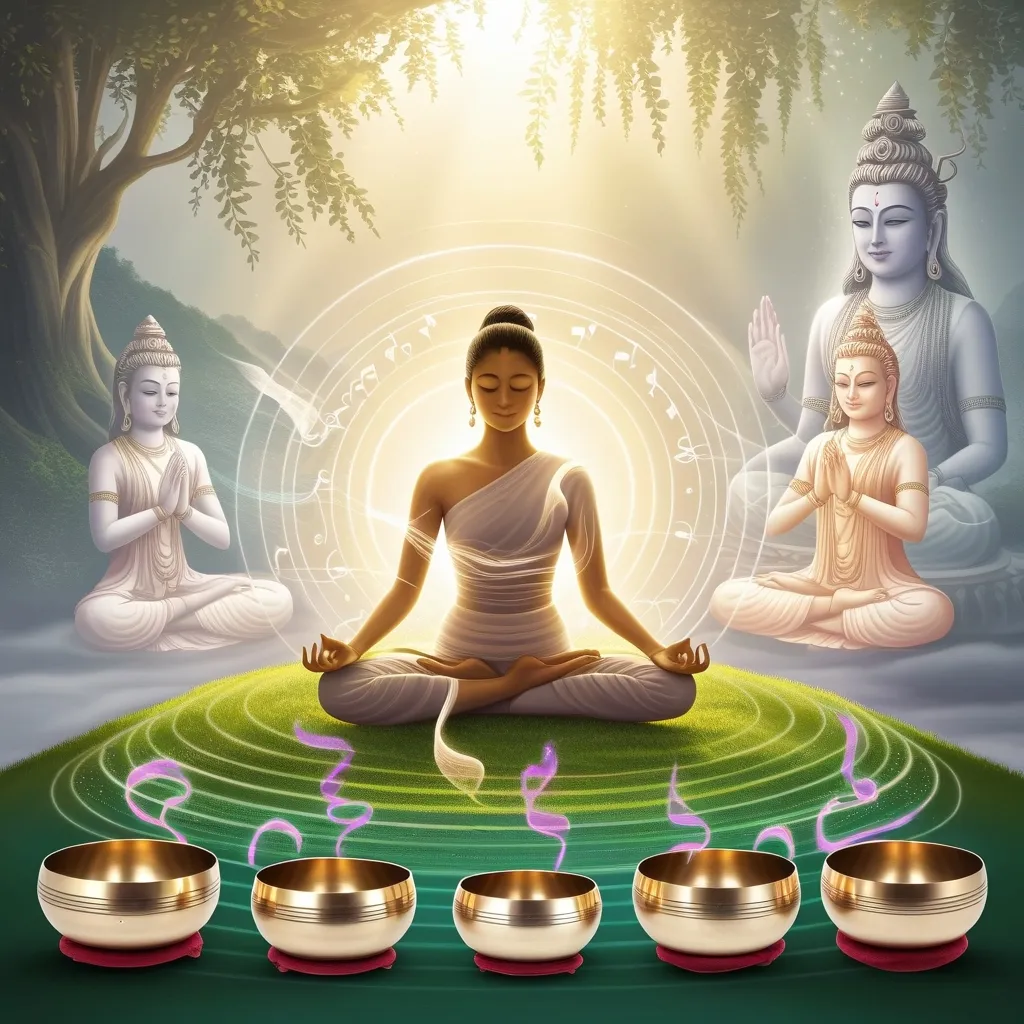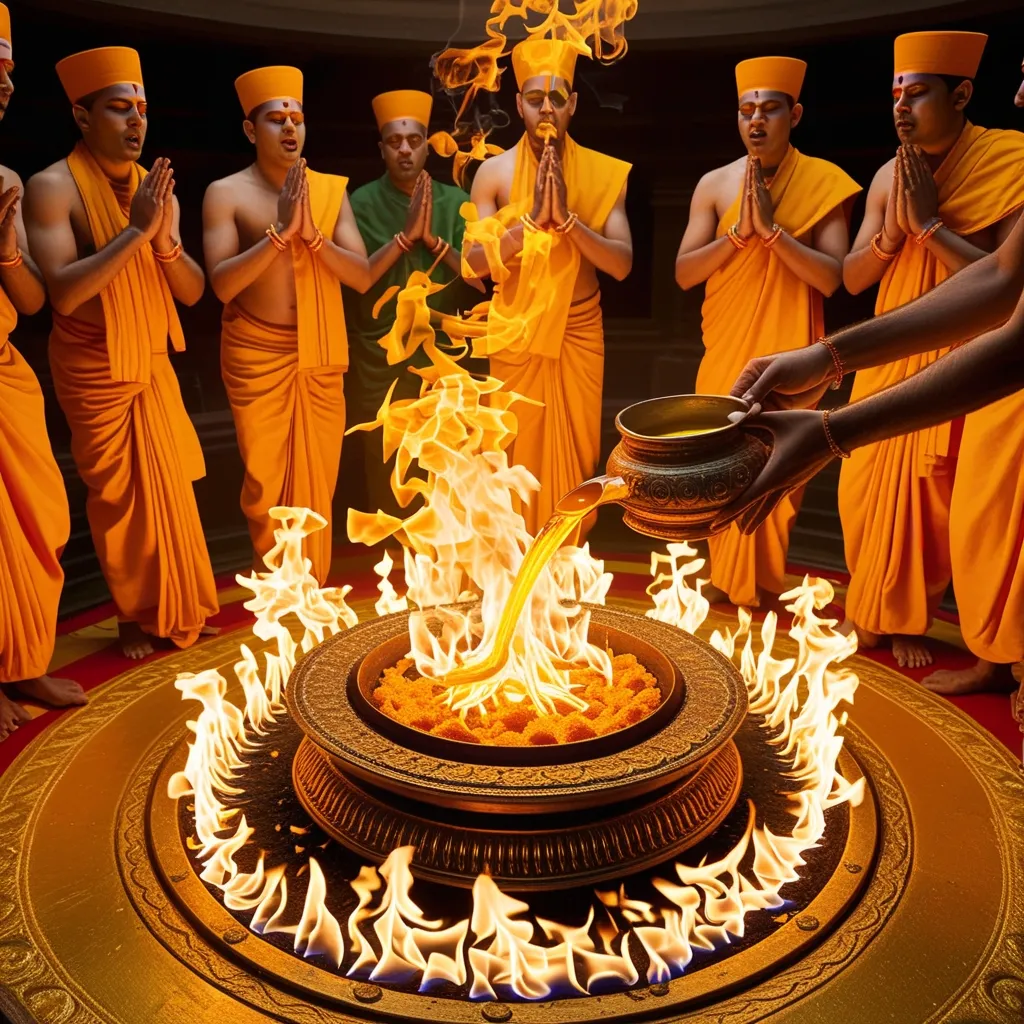The Vedas, foundational texts of Hinduism, are revered as divine revelations. The word “Veda” means “knowledge,” and these texts are packed with insights about the universe and human existence. Hindus hold that the Vedas aren’t just written words but are the literal sounds of the Divine, meant to channel the universe’s primal vibrations when recited or sung.
Legend has it that the Vedas have always been around, heard by ancient sages during intense meditation sessions. These sages, known as Rishis, composed the Vedic hymns, which got passed down through the ages orally. What’s interesting is that the Vedas are considered apauruṣeya, meaning they are “not of a man, superhuman,” stressing their divine and authorless status.
There are four main Vedic collections: the Rigveda, Yajurveda, Samaveda, and Atharvaveda. The Rigveda is the oldest, filled with hymns and verses tackling big existential questions. The Yajurveda and Samaveda build on the Rigveda but focus on sacrificial rituals and melodic recitations, respectively. The Atharvaveda is more about spells and incantations, reflecting local customs and practices.
These texts have been handed down through various schools known as shakhas, each with its own version of the Vedas. Despite some variations, the Vedas are universally respected for their spiritual significance and are termed Shruti, meaning “What Is Heard,” highlighting their divine reception. Techniques like the jaṭā-pāṭha recitation have helped maintain their accuracy over the centuries.
Not all Hindu sects view the Vedas equally. Some modern reform movements think personal religious experiences are more important and see the Vedas as a bit of an outdated superstition. Still, for many Hindus, the Vedas are crucial, used in religious ceremonies, festivals, and daily rituals. They continue to be recited and studied, keeping their sacred role alive.
But the Vedas are not just about religious rituals. They are also a treasure trove of philosophical thoughts on the nature of existence, the origin of the universe, and the human condition. The Upanishads, part of the Vedic texts, dive deep into philosophical discussions on topics like monism and moksha, or liberation from the cycle of birth and death.
To sum it up, the Vedas hold a special place in Hinduism, seen as divine revelations containing essential truths about life and the universe. Their status as superhuman and authorless texts underscores their divine origin and authority. Even though beliefs and interpretations of the Vedas vary, they remain a cornerstone of Hindu thought and practice.






